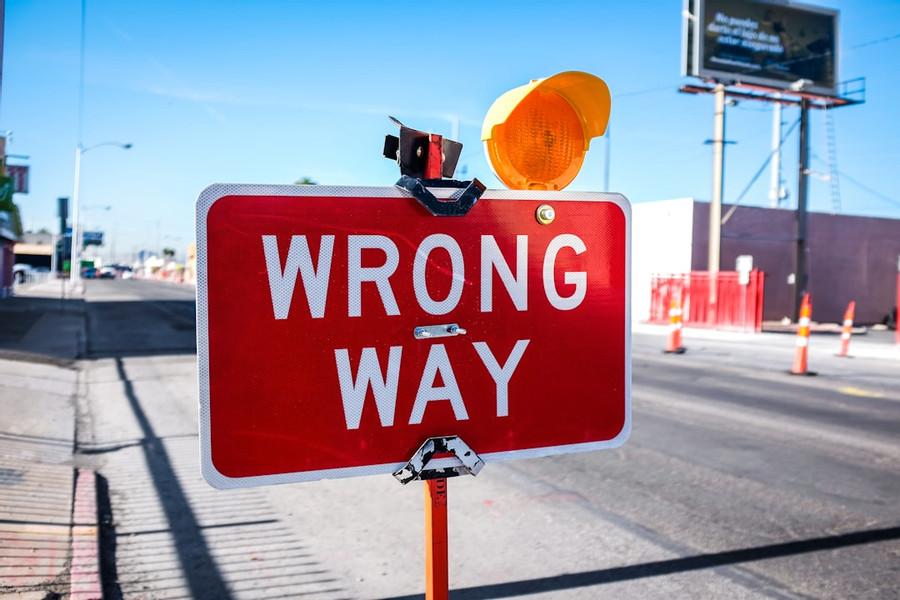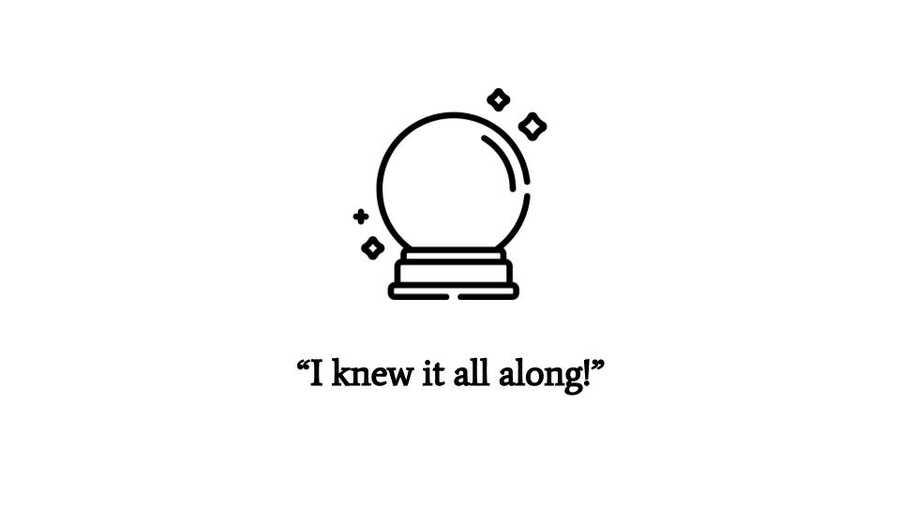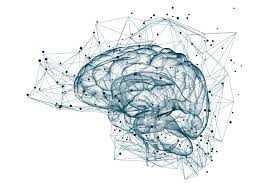4. Hindsight Bias:
After an event occurs, we tend to believe that we predicted it all along. For instance, if a stock you invested in performs poorly, you might say, "I knew it was going to drop."
39
347 reads
CURATED FROM
IDEAS CURATED BY
Being an ambivert person, I am too much fond of reading, and always eager to learn.
These cognitive biases and mind traps influence decision-making, perception, and behavior in various aspects of our lives. Recognizing them can help us make more rational and informed choices.
“
Similar ideas to 4. Hindsight Bias:
Hindsight Bias
Hindsight bias is a false belief that our judgement is better than it actually is when we look back and see the events. Reality appears more predictable after an event happens. This is also known as the ‘Knew-it-all-along effect’.
This bias makes people less accountable fo...
Conviction Bias
I believe in this idea so strongly. It must be true.
We hold on to an idea that is secretly pleasing to us, but deep inside we might have some doubts as to its truth and so we go an extra mile to convince ourselves — to believe in it with great vehemence, and to loudly contrad...
Own the emotion
You can’t change an emotion you don’t own.
Accept responsibility for its existence. Because an external event always precedes your experience of an emotion, it’s easy to assume that the event caused it. But as long as you believe it was externally caused, you are going to be a victi...
Read & Learn
20x Faster
without
deepstash
with
deepstash
with
deepstash
Personalized microlearning
—
100+ Learning Journeys
—
Access to 200,000+ ideas
—
Access to the mobile app
—
Unlimited idea saving
—
—
Unlimited history
—
—
Unlimited listening to ideas
—
—
Downloading & offline access
—
—
Supercharge your mind with one idea per day
Enter your email and spend 1 minute every day to learn something new.
I agree to receive email updates


